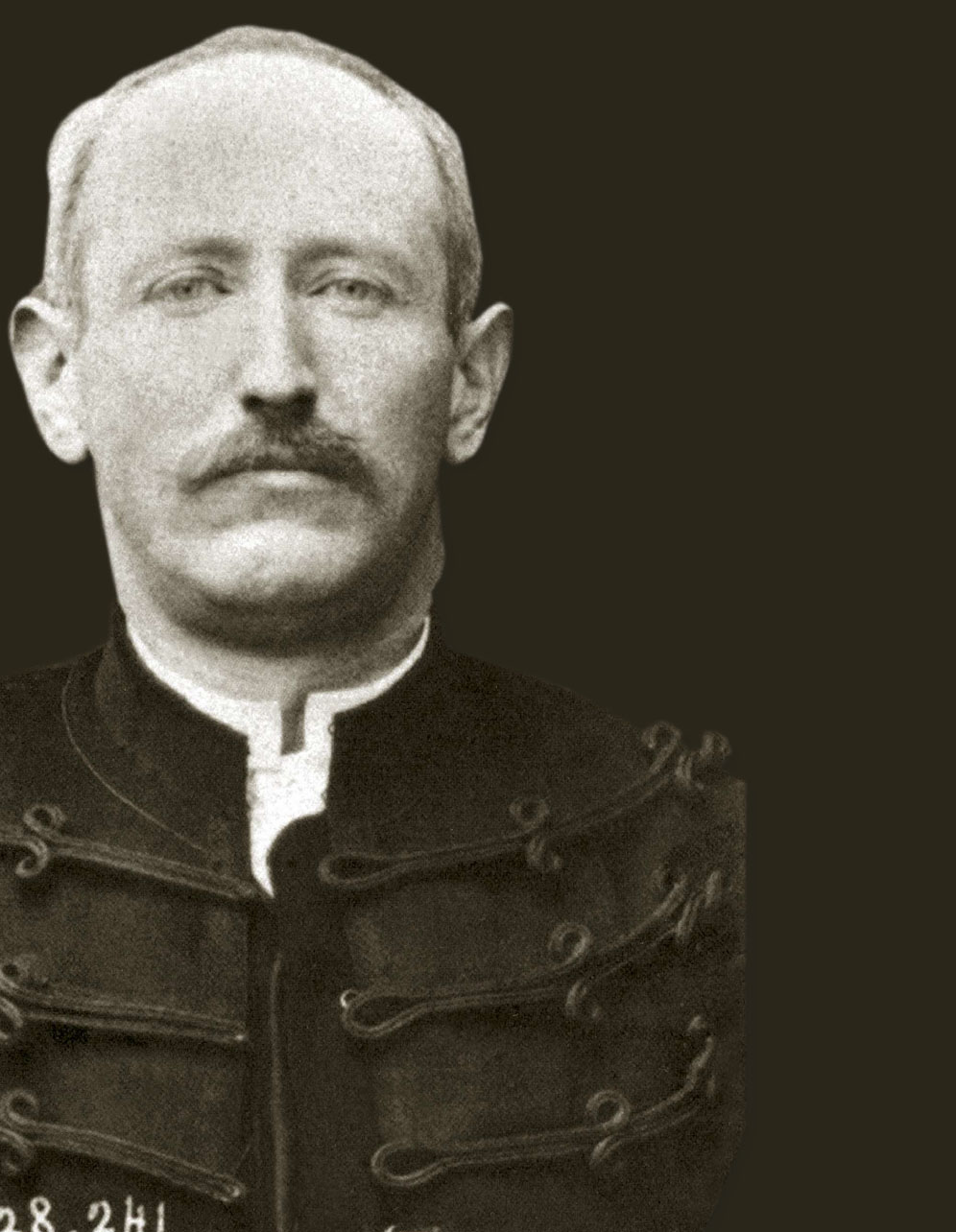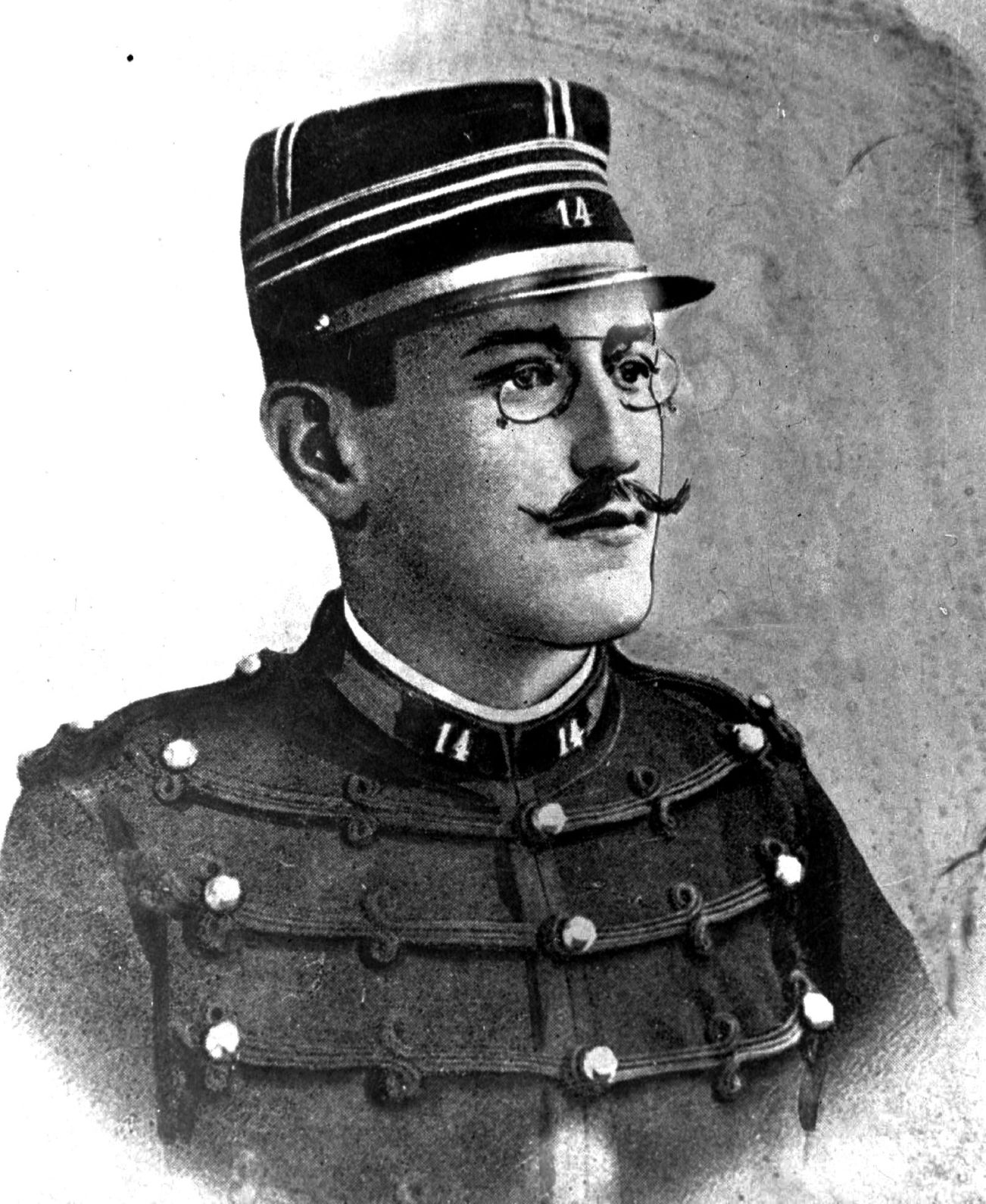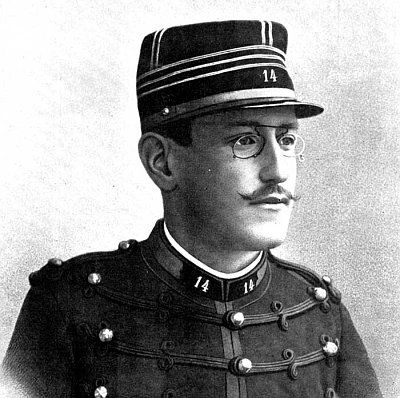
citizens and often voted for those who shared their distaste for “socialism” and their passionate attachment to Israel. soil and, for the first time in their lives, faced with political choices, many of them discovered that they were conservative. Their politics tended to be rooted in the unequivocal rejection both of the Soviet past and of any political movement deemed or imagined by them to be aligned with the abandoned empire.
Alfred dreyfus received support from who free#
They were now free to be Jews without any apparent stigma attached to their identity. Hundreds of thousands of Soviet Jews arrived in the United States during the Soviet Union’s last two decades, and it seems fair to suggest that most of them liked what they found in this country. The newspapers decried the evils of Zionism and depicted nefarious-looking hook-nosed creatures who were plotting to spoil the party of “progress-loving humanity.” The creatures’ noses looked like mine.

I’ll never forget passing the newspaper stands on my daily walks to and from school. My own experiences during the waning years of the Soviet empire were far less dramatic, but the feeling of being an outsider, someone whose loyalty could be questioned and right to belong revoked, was certainly part of it. He barely survived on his tiny disability pension and the experience, which included an expectation of imminent arrest, scarred him for life. Jewish generals were a rarity in the postwar Soviet military - Jews could not be trusted.Īt the height of Stalin’s postwar anti-Semitic campaign and on the eve of the infamous “Doctors’ Plot,” my father, a young aspiring engineer, was suddenly fired from his job and denied employment until after the tyrant’s death his duties were deemed too sensitive to be trusted to a Jew. Aaron was denied the promotion because he was Jewish. After the triumphant battle, most of the participating colonels were promoted to the rank of general. In April 1945, my great-uncle, Aaron, a Red Army colonel, led his artillery division in the storming of Berlin. But as praiseworthy as these condemnations were, Jewish Americans - regardless of their political affiliations - should understand the added danger of the smear campaign against Vindman: It not only represents an attack against immigrants, but fuels contemporary anti-Semites looking to breathe new life into tropes of Jewish dual loyalty. Many Democrats and Republicans swiftly and strongly spoke out against this vilification of an American patriot. Sean Duffy told CNN’s John Berman that Vindman seems to be more concerned with Ukraine’s military defense than with America’s foreign policy interests. 28 Fox News panel, host Laura Ingraham and guest John Yoo launched into a freewheeling attack on Vindman, entertaining the idea that he could be guilty of espionage.


And now, as a result of his congressional testimony, Vindman enjoys the dubious distinction of being just the latest Jew in history to be accused of dual loyalty by political enemies. A decorated army veteran and White House official, he was one of the aides listening in on President Donald Trump’s phone call with Volodymyr Zelensky, in which Trump asked the Ukrainian president to investigate former Vice President Joe Biden. citizen, whose family emigrated from the Soviet Union when he was still a toddler. Those of us who hail from the former Soviet Union know all too well what such suspicions often entail. Suspicions of dual loyalty and treachery have followed the Jews over the centuries along the path of their migration and exile-from North Africa to Spain, from Spain to France and Germany, from Germany to the Russian Empire and beyond. Throughout the so-called Dreyfus Affair, the French public remained split between those who believed in the captain’s honor and honesty and those who stuck to the age-old prejudice that a Jew can never be trusted, especially on matters of national security. Alfred Dreyfus, a Frenchman of Jewish descent who was accused by the military of being a German spy, and subsequently suffered imprisonment and public humiliation. 13, 1898, the French novelist Emile Zola published an open letter titled “J’Accuse!” in which he called out the anti-Semitism of the French government and France’s military establishment.


 0 kommentar(er)
0 kommentar(er)
